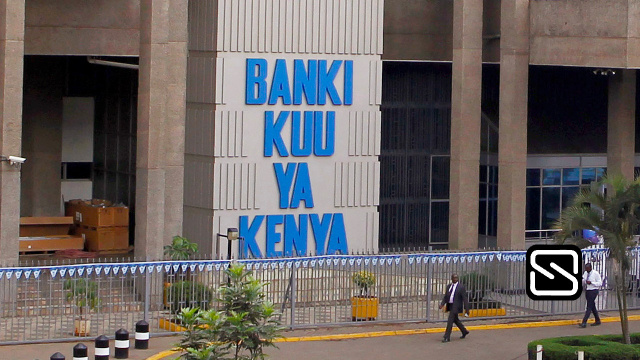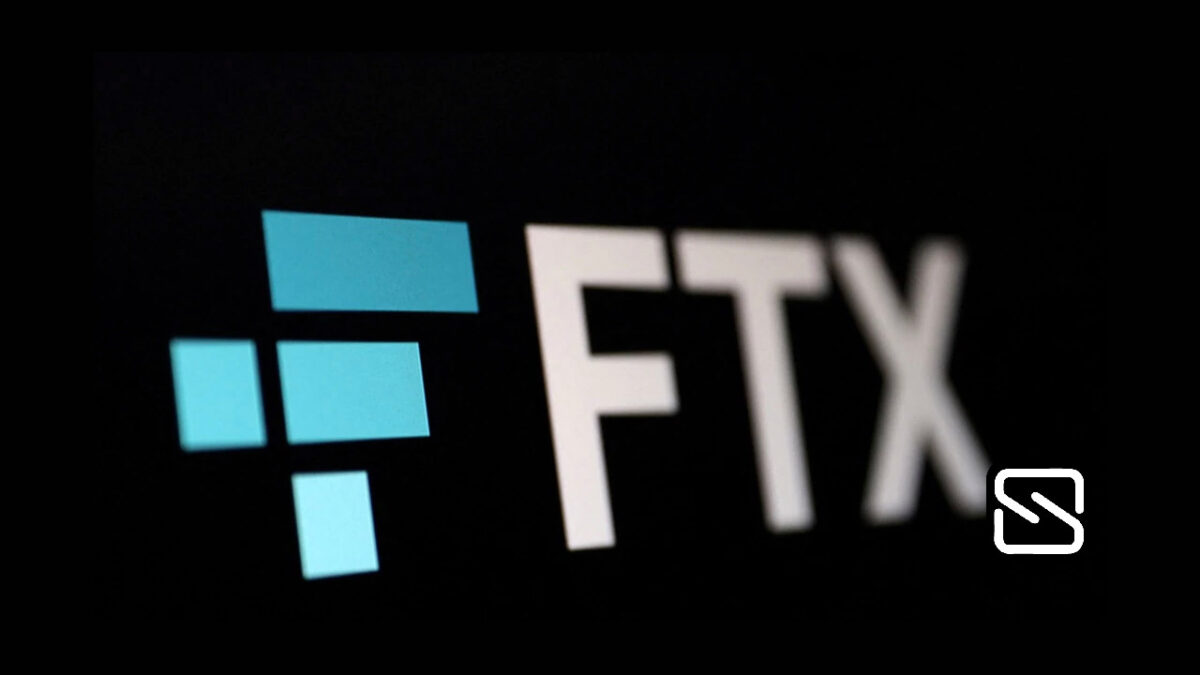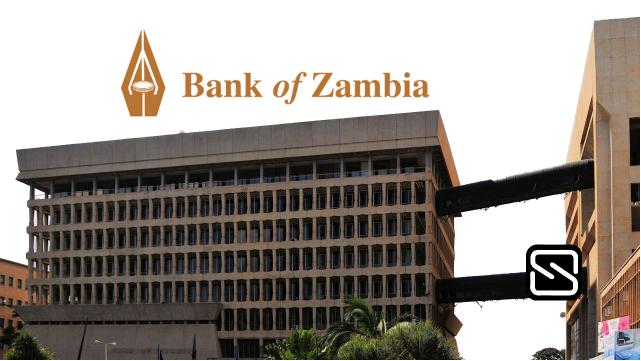DeFi has become a common term within the world of blockchain and web3. Bitcoin and the alternative blockchains that succeeded to aim to decentralize currency (via cryptocurrency).
DeFi is aiming to go beyond decentralizing mere currency by doing the same for borrowing, lending, trading, remittances, and other services customarily found in the traditional finance (TradFi) realm of credit unions, banks, and other legacy institutions.
Let’s take a deep dive into its benefits and disadvantages.
Advantages
- DeFi is permissionless and has censorship-resistant transactions
This allows you to engage with DeFi without having to ask for permission to send a remittance, get a loan, or send an online payment. With a bank or a FinTech app, you need permission from them to use or access their services. Depending on the needs you have, you may have to provide personal information, go through rigorous Know-Your-Customer (KYC) procedures, or provide evidence that your finances and credit history can satisfy the requirements to receive a loan.
Additionally, nearly anyone can access DeFi alternatives to these services with only an internet connection, a crypto wallet, and a smartphone (or computer). This allows you to send permissionless payments via a variety of blockchain protocols to anyone in the world. These payments can be big or small (buying a coffee or a house), local or international, and are often much cheaper than remittances and other legacy alternatives.
You can also trade your crypto for other crypto and stablecoins via a decentralized exchange (DEX) in a permissionless fashion. In stark contrast, the permissioned FinTech app Robinhood ended up removing your ability to buy Gamestop shares during the GME short squeeze of 2021. This action led many to explore blockchain and DeFi alternatives.
2. DeFi allows for anonymous or pseudonymous online financial transactions
For proponents, having online financial privacy is a key human right. As an alternative to fiat and legacy payment networks, DeFi allows individuals to be in full control of their finances. Oftentimes, DeFi protocols allow for faster and cheaper payments (and better lending and borrowing rates). While a standard remittance can take days, a crypto payment typically takes from mere seconds to just a few minutes.
3. DeFi helps the unbanked
Another notable benefit of the DeFi ecosystem is how it is opening up access to key financial services for those in underserved regions or developing countries. A shortage of banking infrastructure or the proximity to it in developing countries is one reason why millions around the world still live in largely cash-only economies. Others may lack the financial capital minimums required to open a bank account or are fearful of using them for a variety of other reasons.
DeFi solutions are enabling the unbanked to access crypto payments, crypto savings accounts, collateralized loans, and other DeFi products. These revolutionary solutions allow the unbanked to skip the intermediary step of banking and go from strictly cash economies to DeFi economies in much the same way that many went from no phone to mobile phone without the need for an intermediary landline and the related infrastructure.
4. The last key benefit of DeFi is there is no middle man meaning you don’t need to trust an individual or financial entity to safeguard your finances
This is made possible via the blockchain. To start, verified crypto transactions are immutable (irreversible and unchangeable) so merchants don’t have to worry about a customer reversing or suspending a payment. More importantly, DeFi protocols allow you to fully control your assets so there is no need to trust an intermediary, third party, or financial custodian. This removes the counterparty risk that has plagued both TradFi (Bernie Madoff Ponzi scheme, Cyprus bank account levy) and centralized crypto exchanges (CEXs) and services (FTX, BlockFi, Gemini Earn).
Disadvantages
- Difficult to use
While this has continued to improve, DeFi often lacks dApps that can match the intuitive user interfaces (UIs) and the simple user experience (UX) of FinTech apps and other financial products. This can create a barrier to entry that discourages newcomers from using DeFi products.
2. The immutability and irreversibility of transactions can create problems and financial losses
If you were to send a transaction to the wrong address, it is likely that you could lose the crypto contained within that transaction (unless the receiver chose to voluntarily return the crypto). On the contrary, you can often get your bank, credit union, or financial app to reverse a faulty or fraudulent transaction. This lack of a financial backstop for mistakes is one reason many are reluctant to engage with DeFi.
In conclusion, while most would agree that there are both pros and cons to DeFi, opinions can be divided largely based on one’s leanings. Many that are more traditional or come from the TradFi world would opine about the importance and merits of KYC, AML, trusted financial institutions, and having some sort of recourse in the event of a financially related hack, scam, or other issues. For the crypto native crowd, DeFi is the solution to counterparty risk, financial intermediaries, unbanked populations, the desire to be anonymous, financial censorship, and financial friction and delays in traditional banking.









